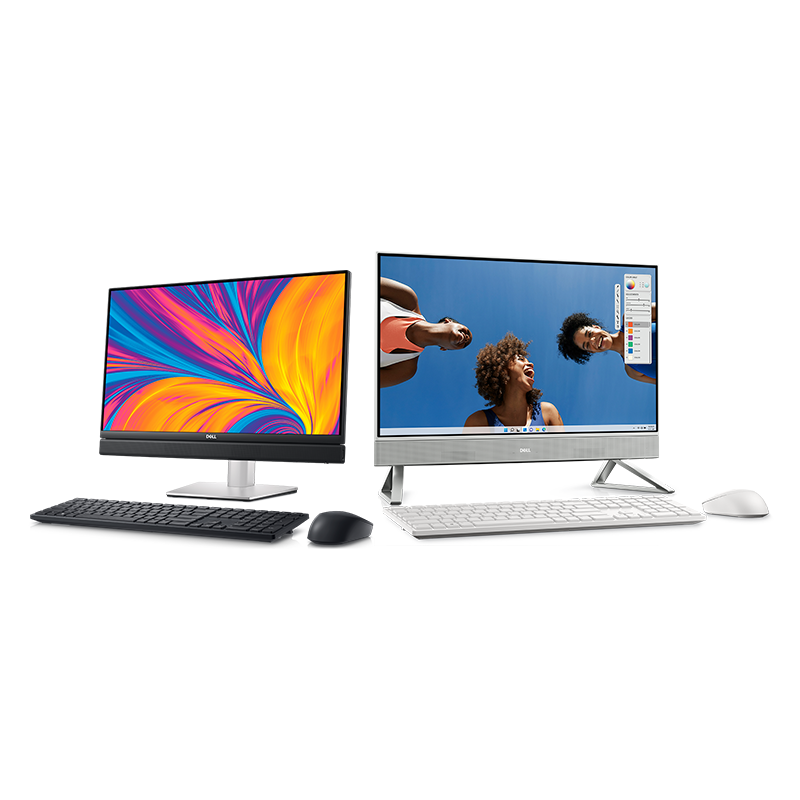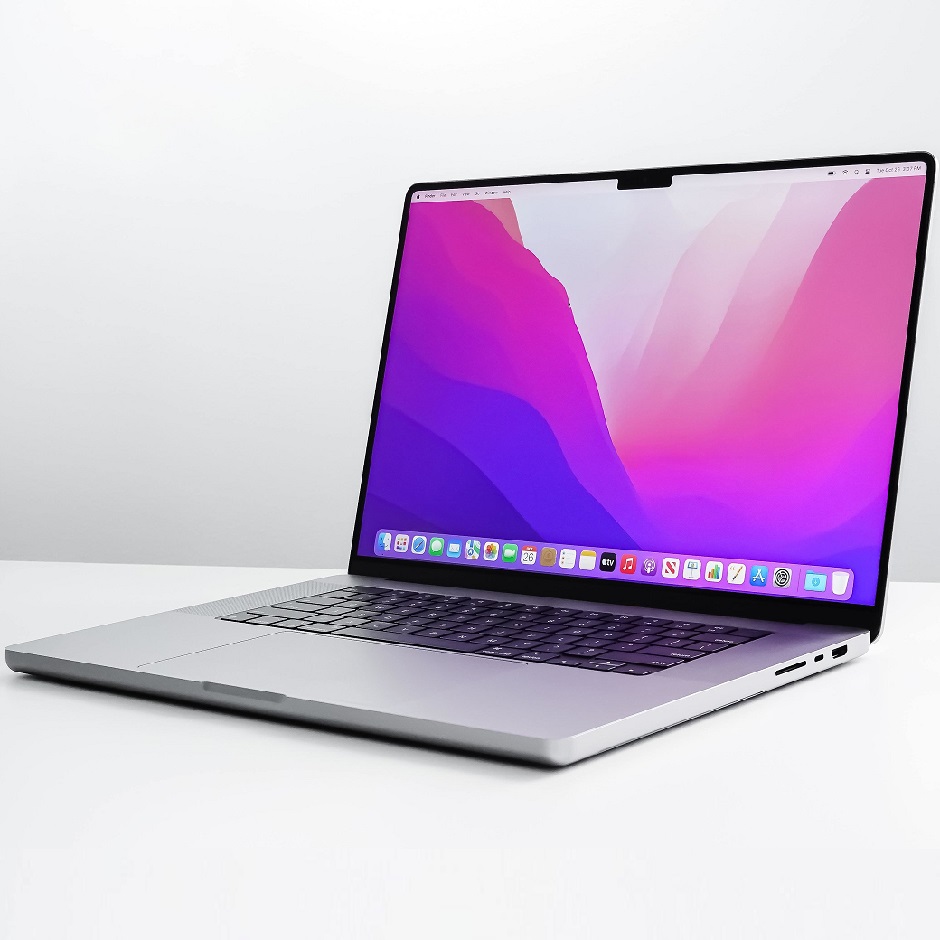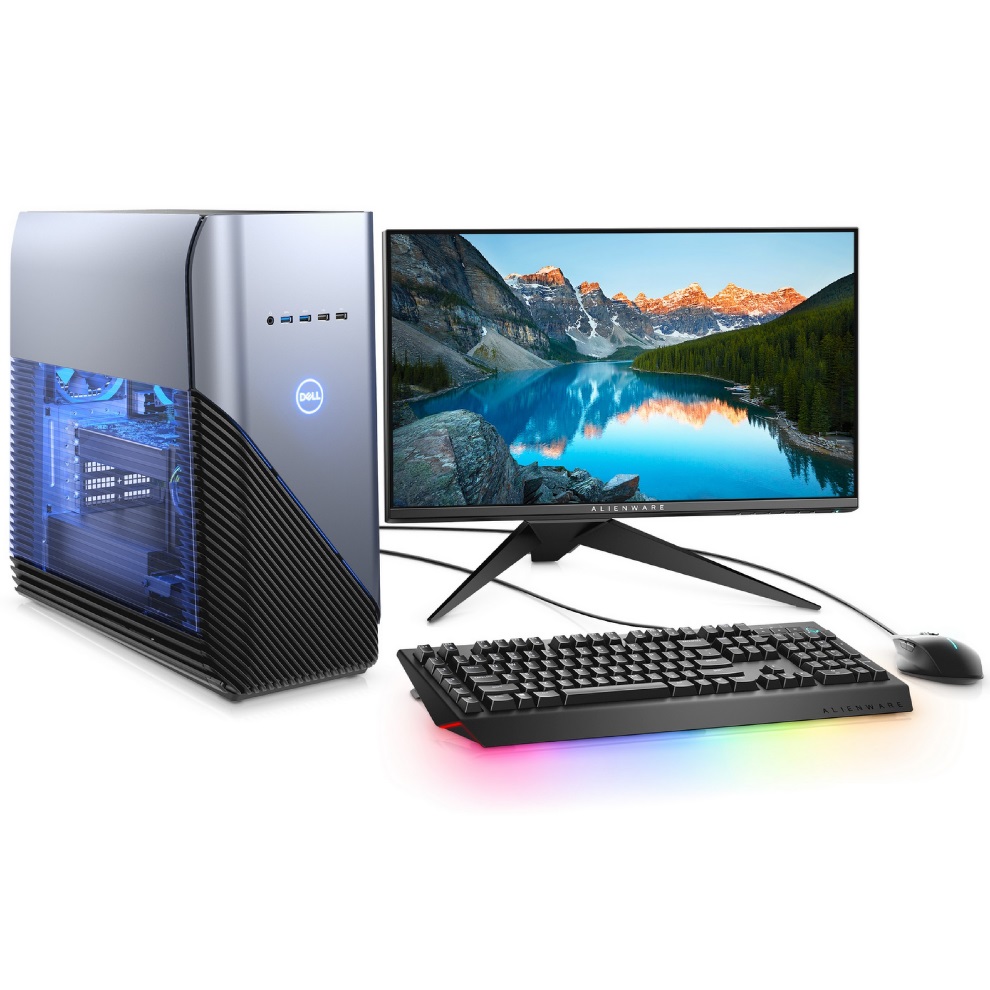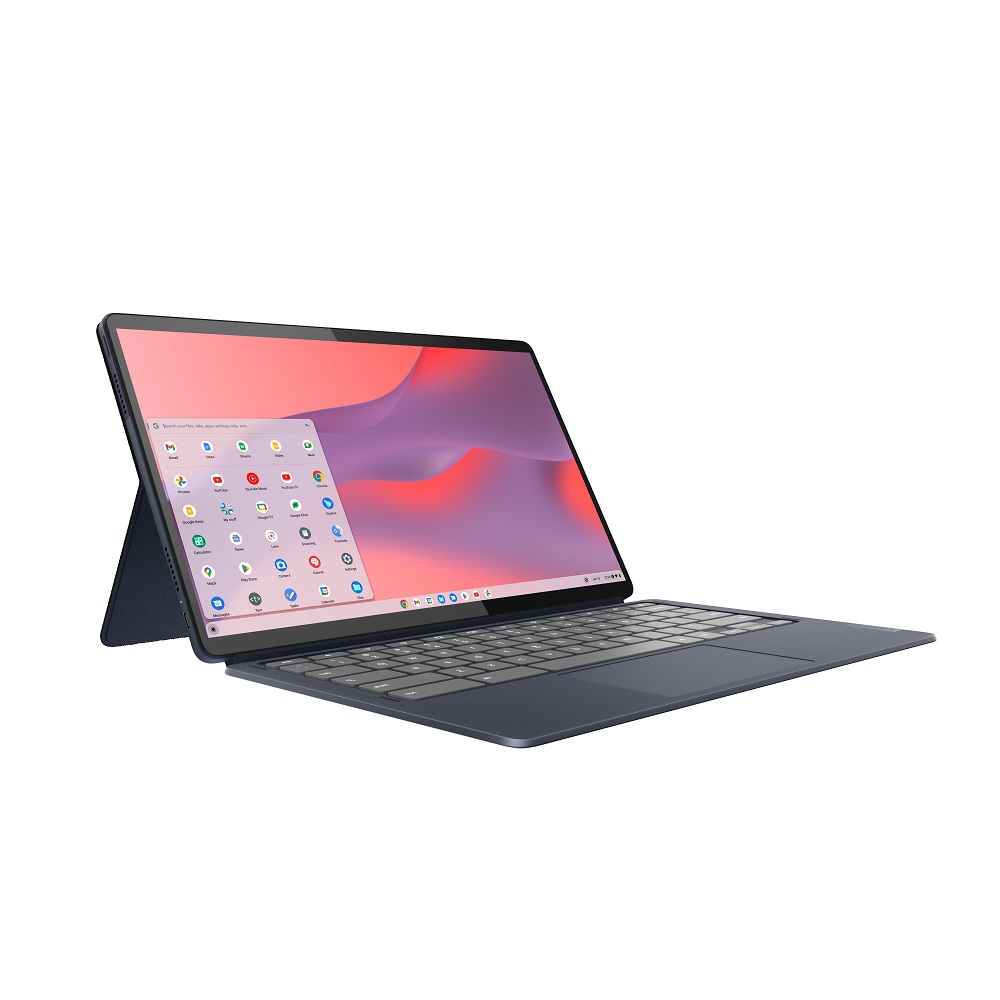Memory (RAM) Importance for Performance
When buying a computer, RAM is crucial for a smooth experience. Don’t overlook RAM; it’s your PC’s thought process. Low memory leads to issues like freezing, sluggishness, and inability to multitask. For seamless browsing and software use, aim for a minimum of 8GB of RAM. Heavier tasks like video editing demand even more. Remember, more RAM equals better performance, and less frustration. Always consider your RAM needs for optimal productivity.
Assessing Storage Needs and Options
When buying a new computer, consider how much storage you need. Will you use cloud storage often, or do you need more space on your computer? Think about how many files you will transfer from your old PC and how much new content you will create. A computer with adequate storage space will keep you from the hassle of running out too soon. But, if you do not need much space, you may save money by choosing a model with less storage. Remember, you can always add external storage like a USB drive or an external hard drive if needed.
External hard drives come large and are not expensive. They offer a good solution if you find out you need more space later on. But, having enough internal storage is more convenient. It means you do not have to carry extra devices. Consider both current and future storage needs to avoid the inconvenience and extra cost later.
Also, the type of storage matters. Solid-state drives (SSDs) provide faster performance than traditional hard disk drives (HDDs). They are quieter and more reliable because they have no moving parts. SSDs used to be more expensive, but now prices have dropped. Many computers now offer SSDs or a combination of SSD and HDD for storage. Choose wisely to balance cost, speed, and capacity for your storage needs.
Processing Power: Matching Performance with Needs
When considering a new computer, match the processing power with your specific needs. First, identify your main activities. Are they related to work, gaming, or general browsing? This will guide your choice.
Understanding CPUs and Their Speeds
The CPU, or central processing unit, is the brain of your computer. Faster CPUs handle tasks more quickly. For basic tasks, an Intel Core i3 or AMD equivalent might suffice. For intensive tasks like video editing or gaming, consider an Intel Core i7 or AMD Ryzen.
The Role of the GPU for Visual Performance
For high-quality graphics, such as 3D modeling or gaming, a strong GPU, or graphics processing unit, is vital. Integrated graphics are enough for everyday use. For more graphic-intensive tasks, look for dedicated graphics cards.
Decisions Between Dual-Core and Quad-Core (or More)
More cores in a CPU can improve multitasking and performance. Dual-core processors are economical and suit basic tasks. Quad-core or higher is better for demanding applications and multitasking.
Balancing the processor with your needs is essential for a satisfying computer experience. Avoid overpaying for power you won’t use. Likewise, don’t underpower your PC and compromise its usability. Discuss with a professional or do research to understand what processor best matches your needs.
Hard Drive Types: HDD vs SSD
When buying a computer, you must choose between two hard drive types: HDD and SSD. HDDs, or hard disk drives, use magnetic storage to store data. They are cheaper but slower than SSDs. HDDs have moving parts, making them more prone to damage.
On the other hand, SSDs or solid-state drives use flash memory. They are faster and more reliable than HDDs. SSDs have no moving parts, so they are quieter and less likely to fail. They used to cost more, but now the prices are more affordable.
For fast boot times and quick file access, choose an SSD. If you need lots of storage on a budget, consider an HDD. Better yet, look for a computer with both. This way, you can enjoy the speed of an SSD and the capacity of an HDD. Always match the drive type to your work, needs, and budget.
Considering the Build Quality and Durability
When selecting a new computer, build quality and durability should not be taken lightly. They are essential for predicting how well your computer will withstand daily use and the inevitable wear and tear. Here’s what you need to look for:
- Materials Used: Metal cases tend to last longer than plastic ones. They’re more resistant to heat and physical damage. Look for aluminum or other sturdy materials.
- Hinges and Joints: For laptops, the quality of hinges can affect longevity. Frequent opening and closing put stress on these parts. Go for well-built hinges that feel solid.
- Keyboard Durability: Especially if you type a lot, a well-made keyboard is crucial. Weak keys can lead to early breakage and costly repairs.
- Case Design: A good design will help protect the computer’s internal components. It can also facilitate better heat dissipation, preventing overheating.
- User Reviews: Check reviews for comments on the computer’s build. Users often report issues with build quality.
Invest some extra funds into a computer with higher build quality. It might cost more upfront, but it usually pays off in the long run. A durable computer means fewer repairs. This can save you both money and hassle over time.
Check with IT professionals if you’re unsure about the build quality. They can guide you to models known for their durability. Remember, the right build quality can extend the life of your PC. It’s a factor worth considering for a hassle-free computing experience.
Screen Quality and Resolution
When shopping for a new computer, screen quality and resolution are critical factors to weigh. An inadequate display can strain your eyes and diminish your viewing experience. Let’s delve into these important considerations.
- Resolution Matters: A screen’s resolution determines how clear and crisp the text, images, and videos will appear. For most users, Full HD (1920×1080) is the minimum for a sharp display.
- Type of Panel: LCD and LED are common, but OLED screens offer deeper blacks and more vibrant colors. Evaluate the panel types to match your preference for screen quality.
- Size of the Screen: Larger screens can enhance your viewing and working area. However, think about how much space you have and how portable you need your device to be.
- Aspect Ratio: This is the ratio of width to height. It varies, but common aspect ratios like 16:9 are ideal for movies and gaming, while others may suit productivity tasks better.
- Brightness and Color Accuracy: For design or photo editing, screens with high brightness levels and color accuracy are vital. Check the specifications or reviews for these features.
- Anti-glare Coating: If you work in bright conditions or outdoors, consider a screen with anti-glare. It will reduce reflections and make it easier to see the display.
- Touch Screen Option: Touch screens add a layer of interactivity, especially useful with convertible or 2-in-1 laptops. Decide if touch capability is a feature you want.
Incorporating the ’10 things to consider when buying a computer’ criteria, screen quality should not be overlooked. It affects your daily comfort and the quality of your work and entertainment. Always view screens in person when possible, or rely on trusted reviews to make an informed choice on quality and resolution, based on your needs.
Understanding Input Devices and Peripherals
When buying a computer, input devices and peripherals are key.
- Keyboards: Go for quality that lasts. You will type a lot.
- Mice: Find one that feels right. It should suit your hand and needs.
- Monitors: Ensure they display colors well. Bigger screens are often better.
- Printers: Consider if you need them often. Wireless models offer more freedom.
- Speakers and Headsets: Sound quality matters for music and calls. Test them if you can.
- Webcams: For clear video calls, pick higher resolution cameras.
- Scanners: They are important if you deal with documents regularly.
- External Drives: They are great for extra storage and backups.
Think about the ports on your computer. Your peripherals will connect here. Check if they are compatible. USB, HDMI, and audio jacks are some to look for.
Remember, these things can affect your experience and productivity. Go for quality that won’t fail you quickly. Consider what you really need before you buy. This saves money and avoids clutter.
Always add peripheral costs to your budget. They are often vital for your computer use. Good peripherals make good work easier and more enjoyable.
If unsure, seek help from a pro. They know what lasts and works well together.
Compatibility with Existing Systems and Files
Making sure your new computer works with what you have is key. As you shop, think about the systems and files you use now. Will they move smoothly to the new PC? Here are key points to help you check compatibility:
- Operating Systems: Does the new computer match the OS you’re comfortable with? If you use Windows, get a Windows PC.
- Software Applications: Look for computers that support the software you need. Remember, Macs and PCs can differ here.
- File Formats: Can the new PC open your current file types? Check this to avoid conversion hassles.
- Connectors: Does it have the right ports? USB, HDMI, and audio jacks are common needs.
- Peripherals: Think about your printers, scanners, or external drives. Will these work on your new computer?
- Old to New Transfer: How will you move your files over? Ensure the new system allows easy data transfer.
- Power Requirements: Do you have the right setup at home? Some powerful PCs need more electricity.
Keep these factors in mind to make sure your new PC fits into your digital life with ease. If you’re not sure, seek advice from an expert who can guide you through these points. A suitable match ensures your new PC will serve you well, without any extra trouble.
Budgeting for Longevity and Future-Proofing
When planning to buy a new computer, budget is a key factor. Think not only about the initial price but also about how long you want your computer to last. Here are some tips:
- Invest in Quality: Don’t just choose the cheapest option. Computers with better build quality often last longer and have fewer issues. Spend a bit more now to avoid future costs.
- Consider Upgrades: If your needs may grow, pick a computer that you can upgrade. This could mean adding more RAM or a larger hard drive later.
- Look at the Warranty: A good warranty can save money if something goes wrong. Check for long or extended warranties.
- Future Tech Ready: Buy a PC that supports new technology. Look for USB-C ports and SSDs to stay current.
- Don’t Skimp on Essentials: It may be tempting to cut corners on the processor or RAM. Resist this. Getting just enough power or memory for today can lead to sluggishness and frustration later.
Planning your budget with these points will help future-proof your investment. When picking a new PC, balance upfront costs with potential long-term benefits. This ensures your computer keeps up with your needs and technology changes.
Professional Consultation for Optimal PC Selection
When choosing a new PC, getting expert advice can be very beneficial. Having a professional on your side can save time and money. They are up-to-date with the latest trends in technology. This means they can help find a computer that meets your needs today and in the future.
Professionals understand the ’10 things to consider when buying a computer’. They can guide you in areas like:
- Matching Your Uses: They will assess what you’ll use the computer for. This ensures you get enough power without overspending.
- Quality and Durability: Experts can point to models known for their longevity. They help you avoid common pitfalls that may lead to premature wear and tear.
- Budget-Friendly Options: An expert can help you navigate deals and promotions. They’ll also offer tips on what features to prioritize for your budget.
- Compatibility Checks: Pros will ensure new hardware works with your existing peripherals and software. They can also assist with transferring files and setting up your system.
- Future-Proof Advice: Consultants can guide you to computers that are upgrade-friendly. This helps as your needs grow and technology advances.
It’s important to go with a credible and experienced consultant. Check their reviews and ask questions before getting their help. They should have a good understanding of your usage, goals, and budget. Remember, investing in professional consultation can lead to smarter choices and longer-lasting satisfaction with your new computer.
Don’t hesitate to seek advice when you need it. The right guidance is priceless when making a significant investment in a new PC.



